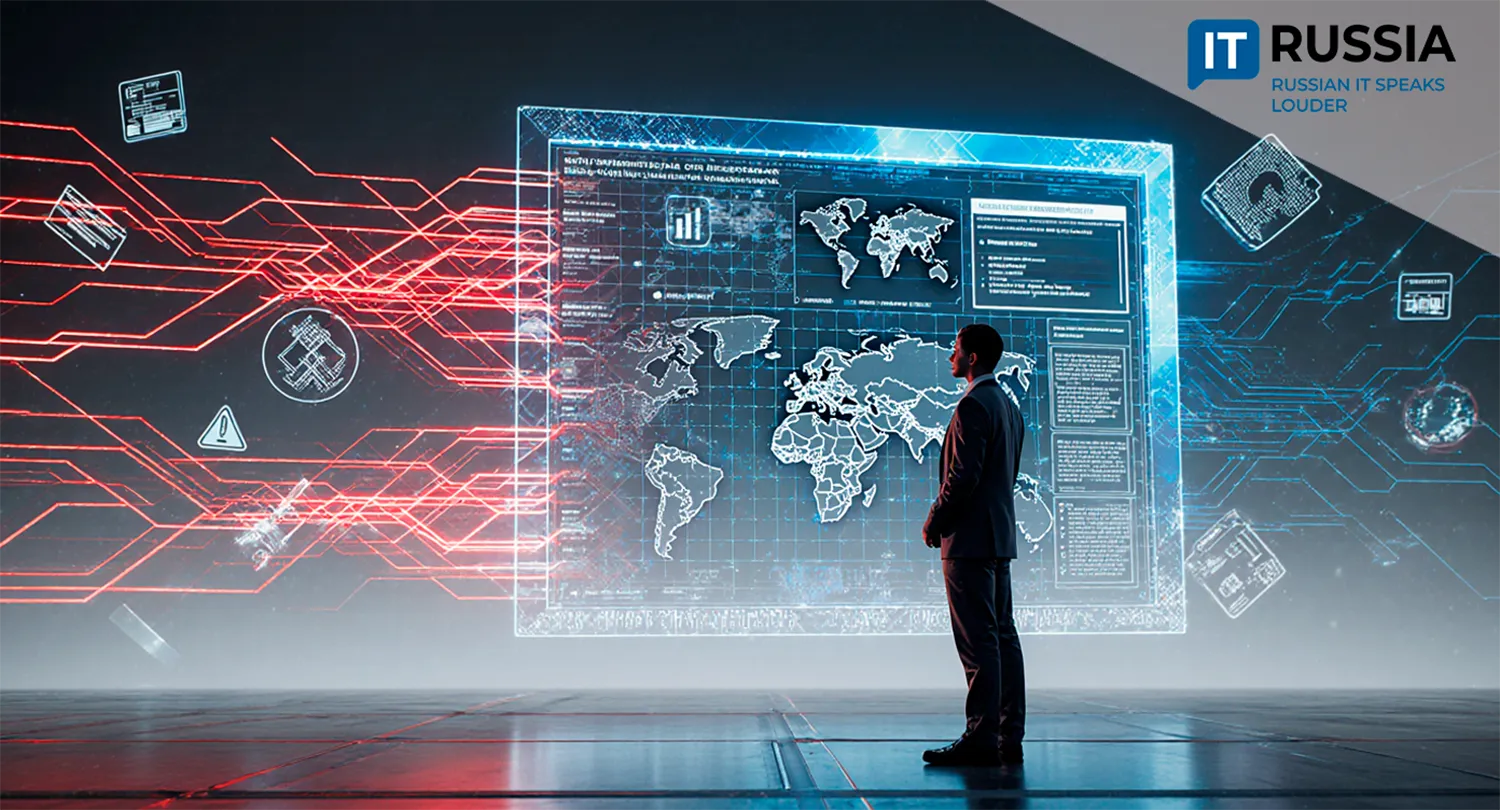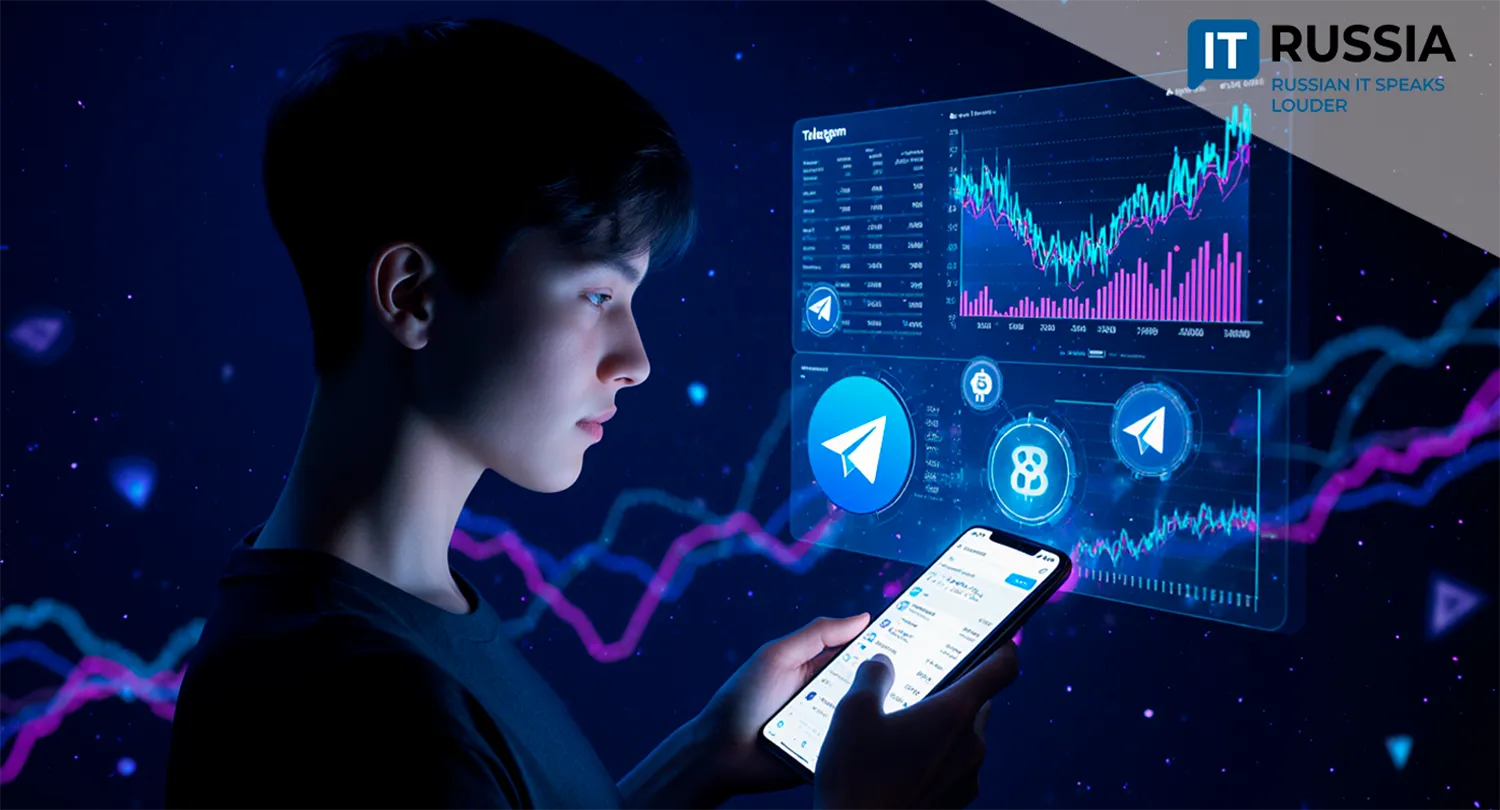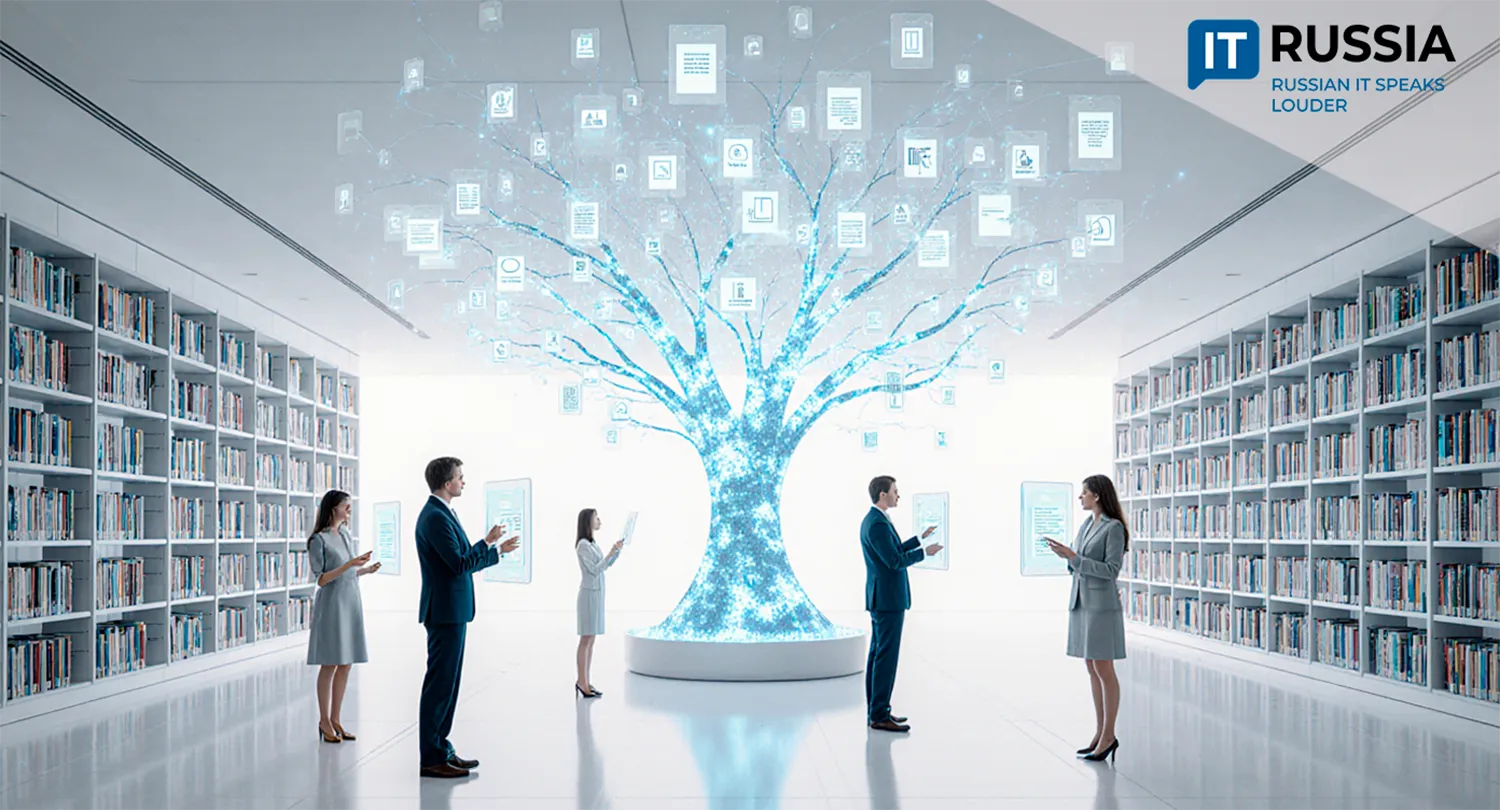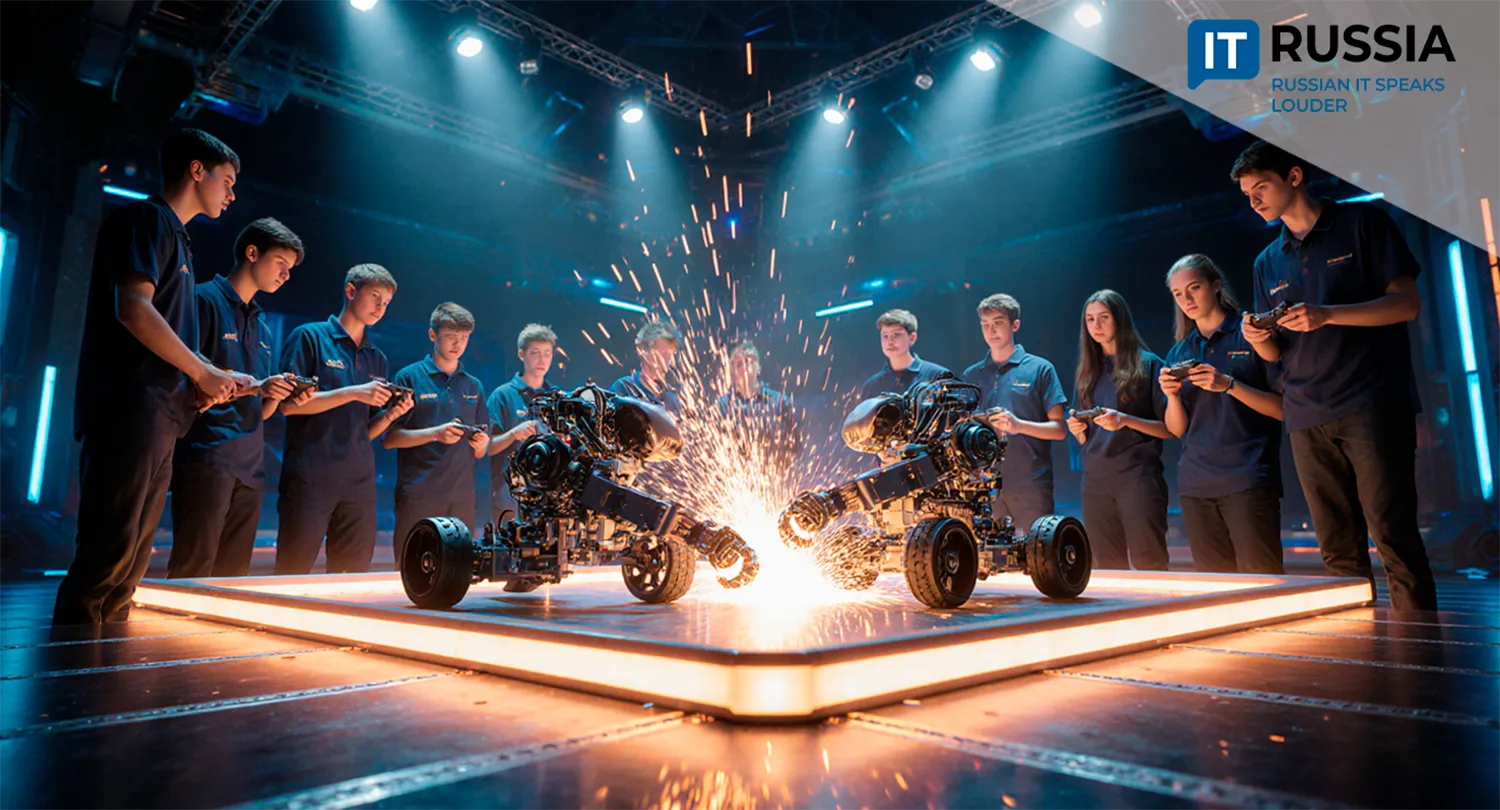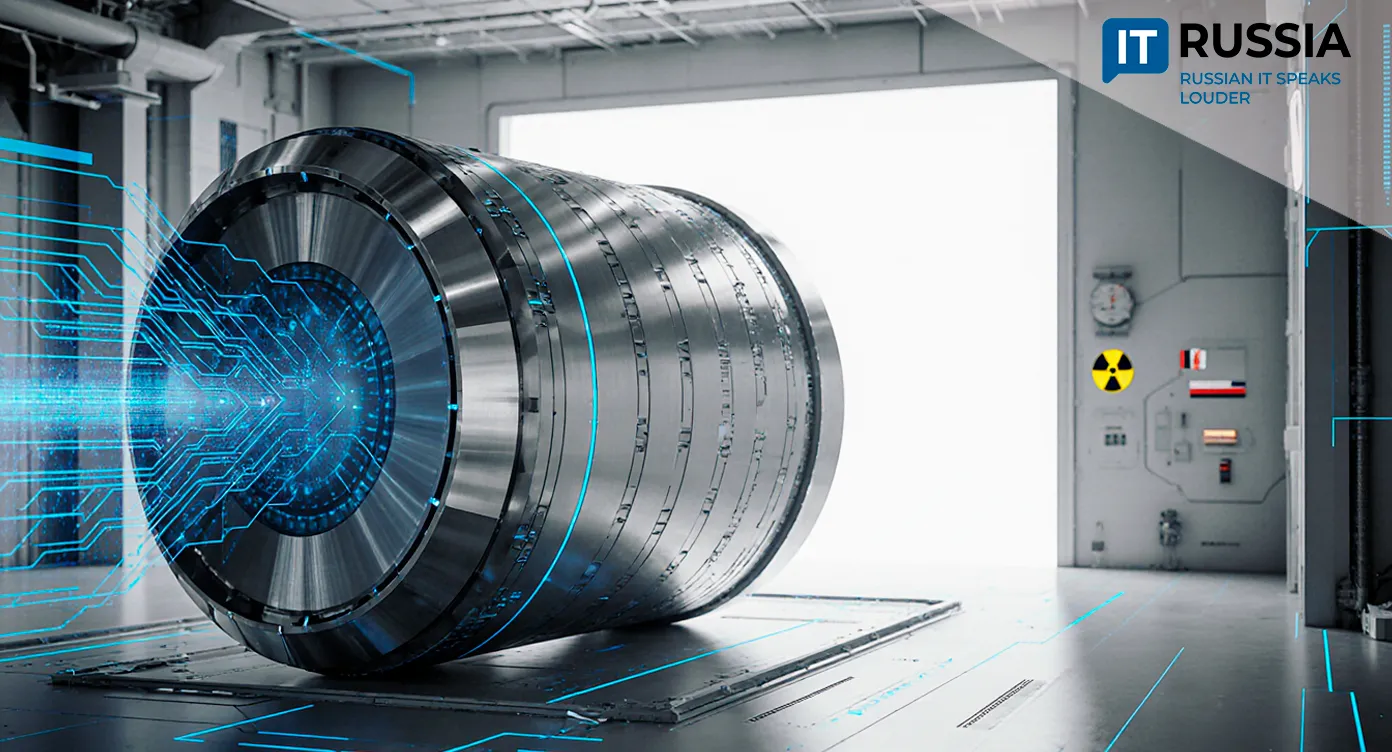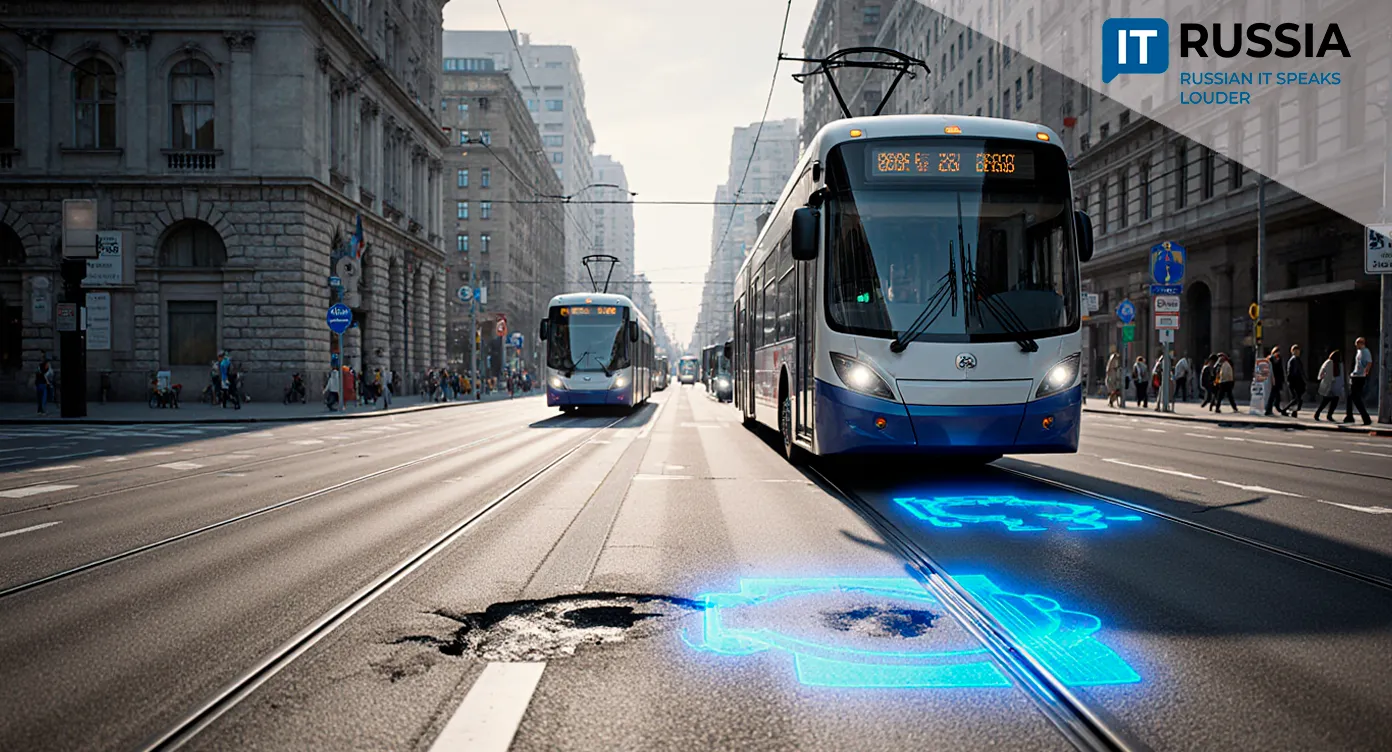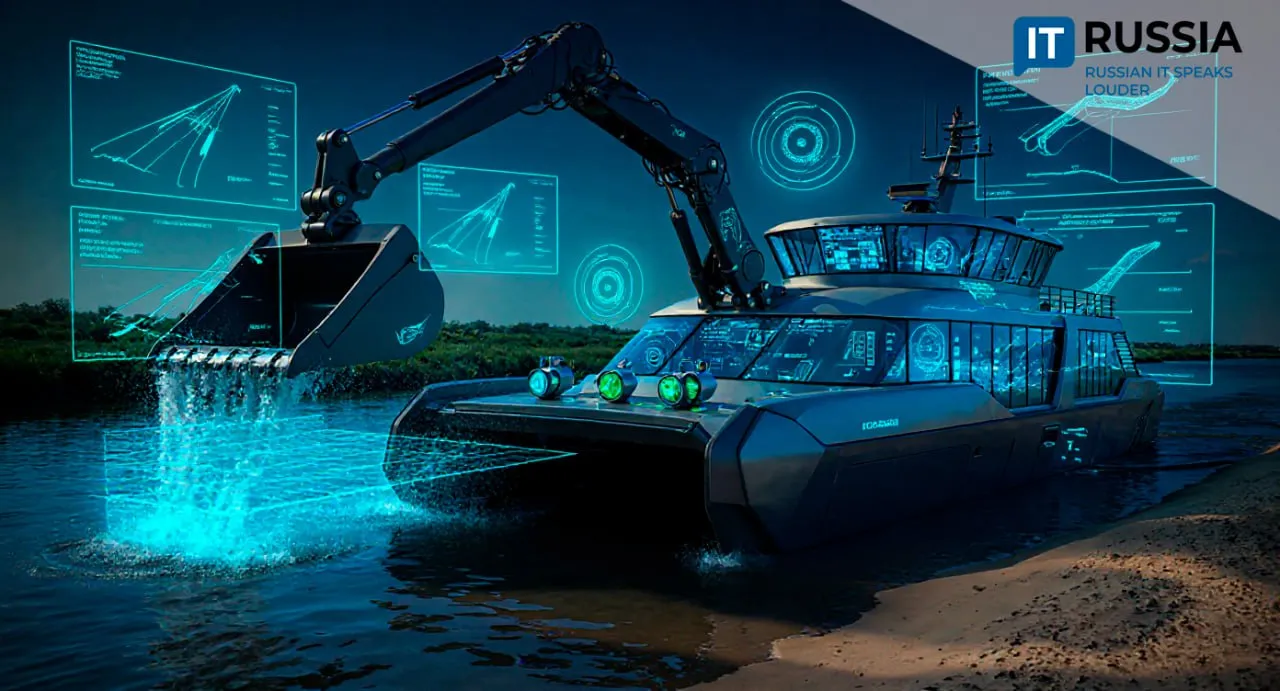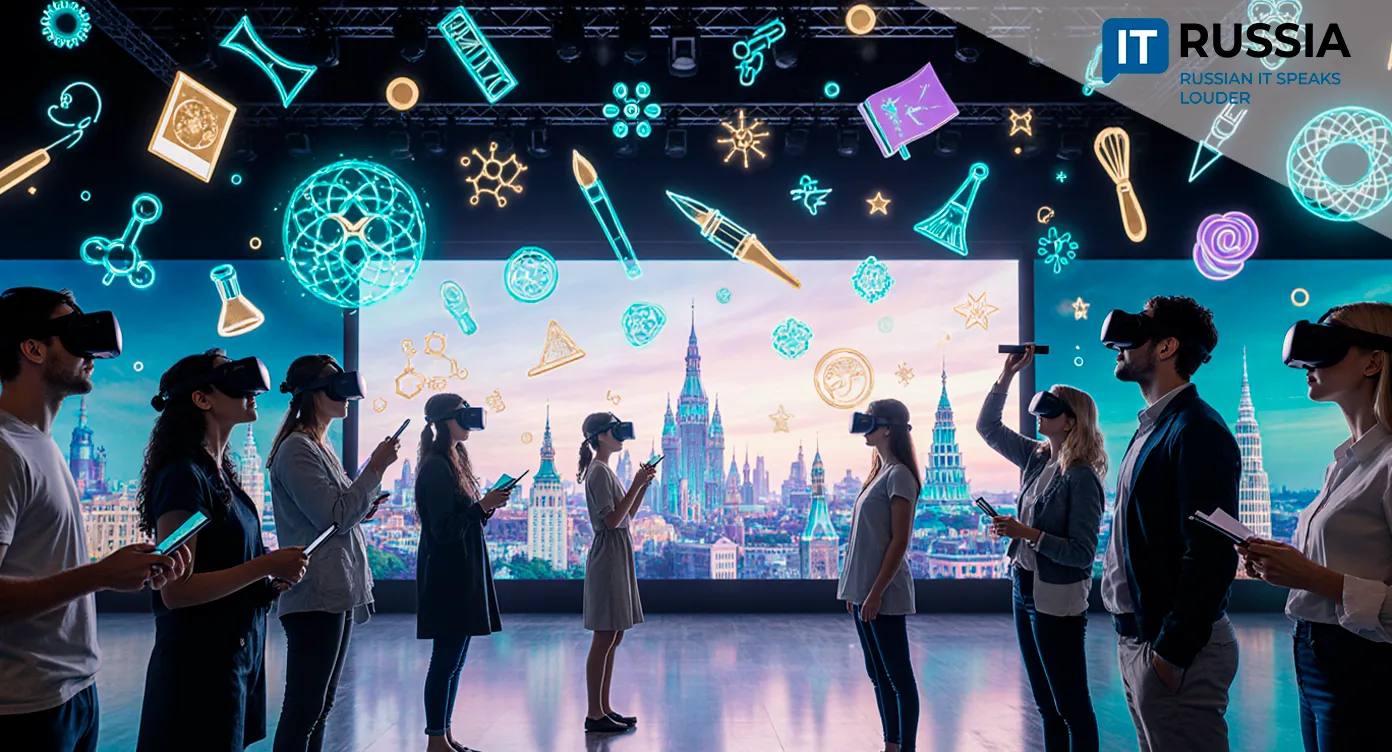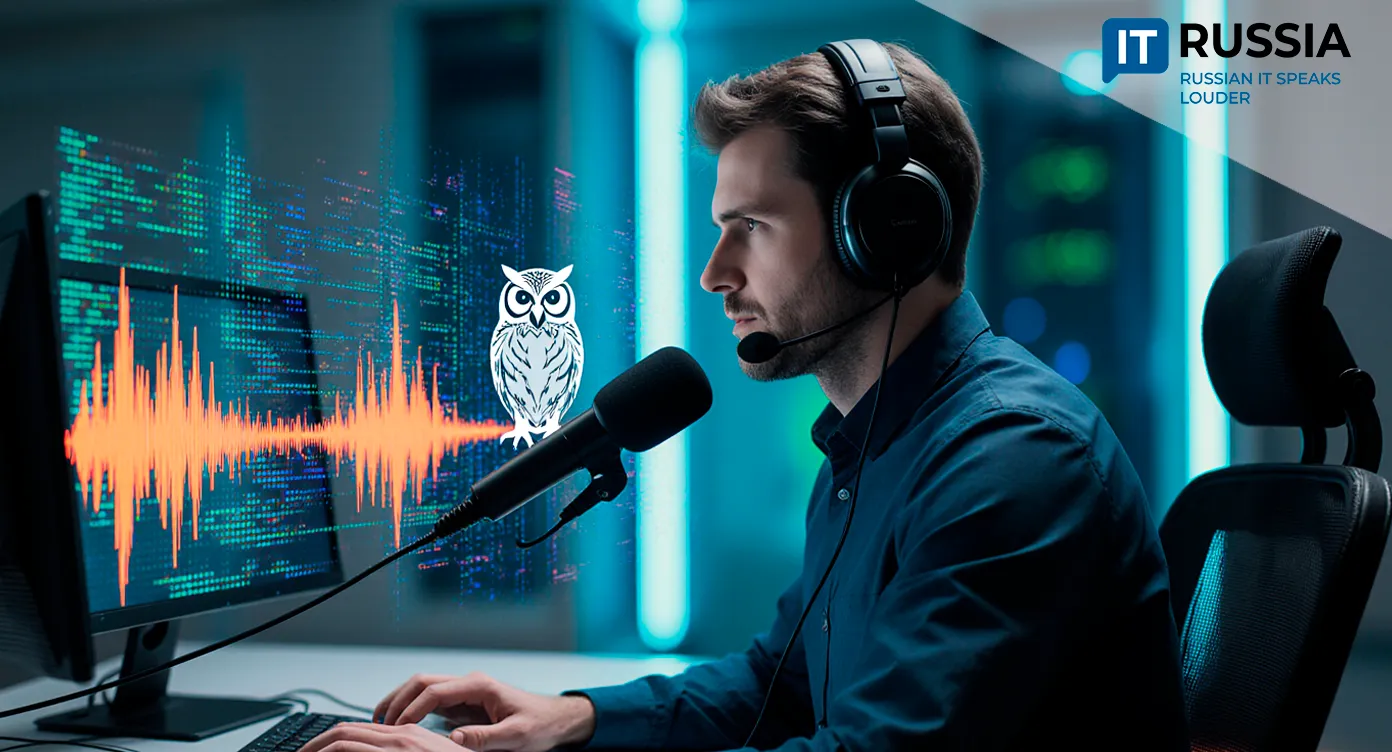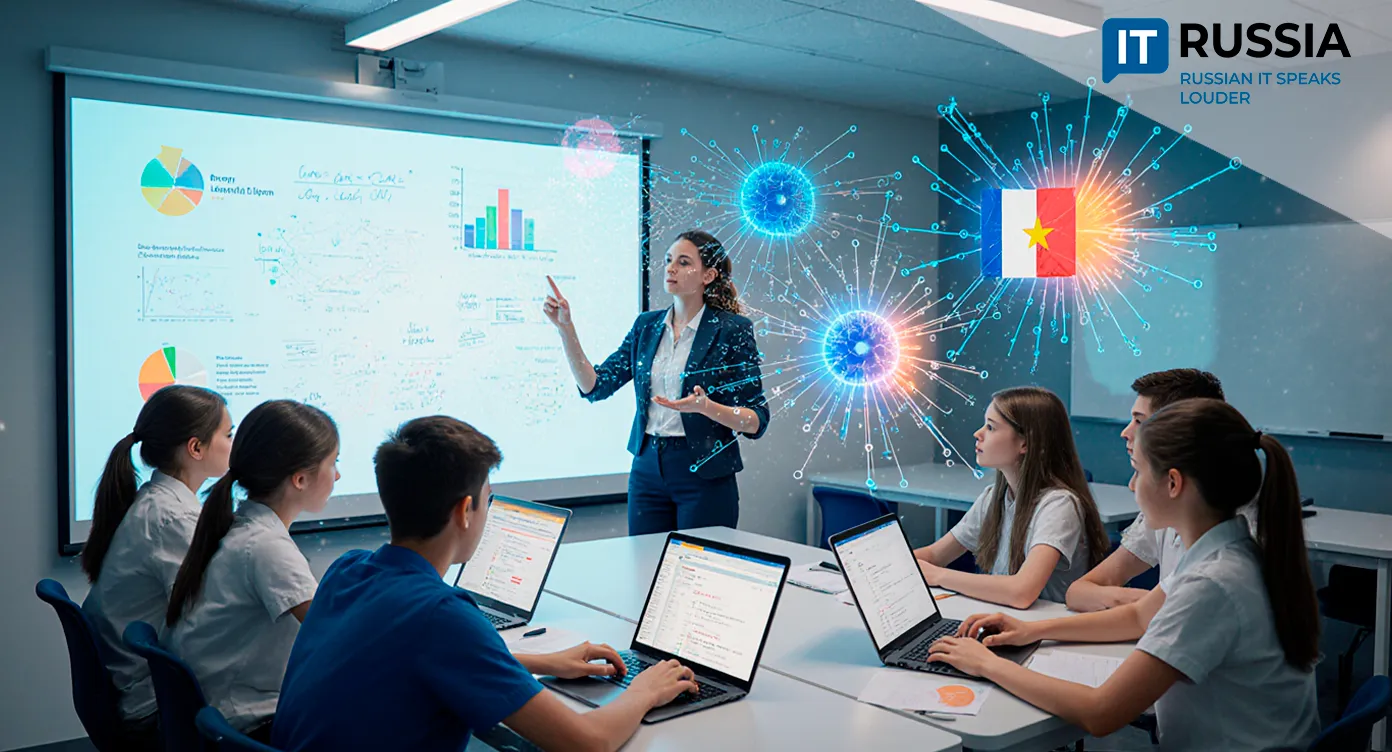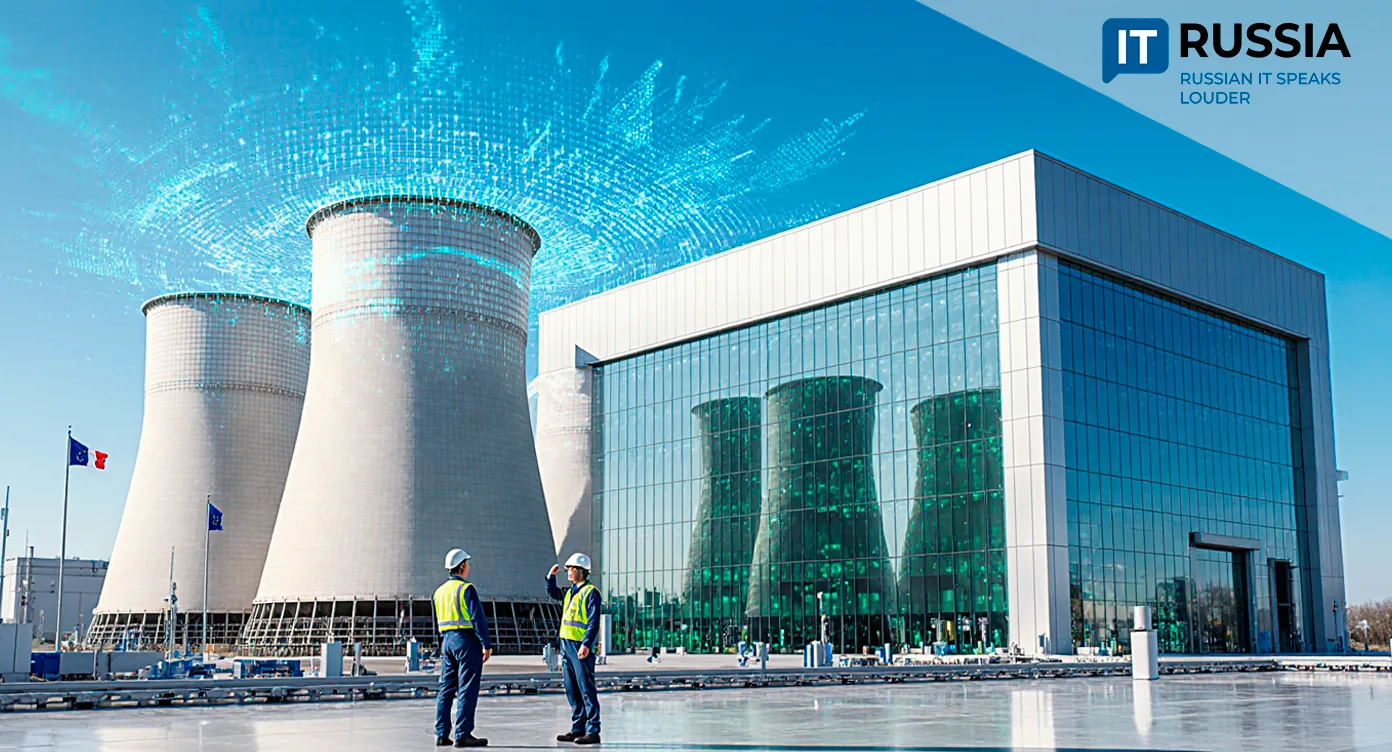AI Assistant in HR: From Hiring to Workforce Management

Russia’s growing economy is fueling demand for talent. Recruiters no longer need to spend days sifting through hundreds of resumes, answering repetitive questions, or keeping up correspondence with job seekers. Artificial intelligence is taking over routine tasks.
Delegating Routine Processes
According to a study by the Russian School of Management on the use of artificial intelligence (AI) in professional fields, 39% of respondents believe AI technologies are critical in HR. They see AI not just as a tool to cut time on repetitive tasks, but as a strategic instrument for making better decisions.
Research by Tedo/Knomary shows that by 2024, 44% of Russian companies—including giants such as Gazprom Neft, Sibur, and Vkusvill—were already using AI in HR. Experts forecast that by 2027 this figure will grow to 60%. And it’s not just about hiring new employees: AI is increasingly used for onboarding, workforce integration, and embedding people into corporate culture.
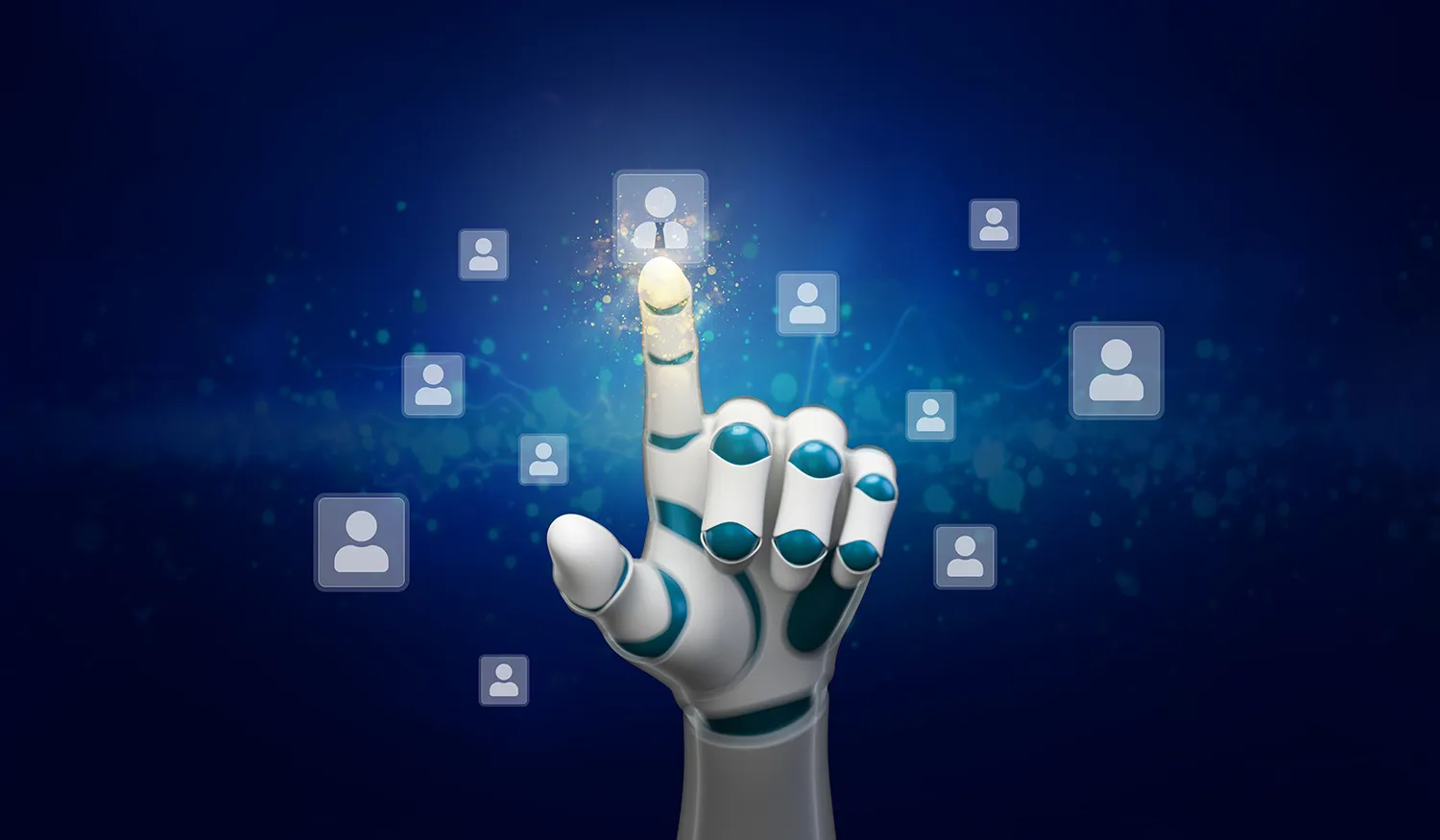
Speed, Quality, Fairness
In recruitment, AI is applied in several key areas. Automated resume screening allows algorithms to process thousands of applications, filtering them by skills, experience, and education. According to HeadHunter, this shortens hiring time by 30–50%. Platforms like Robot Vera and Stafory can generate shortlists in minutes. AI assistants also answer candidate questions, send invitations, and remind applicants about interviews.
“The advantages of automating recruitment are freeing HR staff from routine operations while improving the quality and speed of hiring,” said Ekaterina Batalina, Head of HR, Organizational Design, and Change Management practice at Tedo, as quoted by RBC.
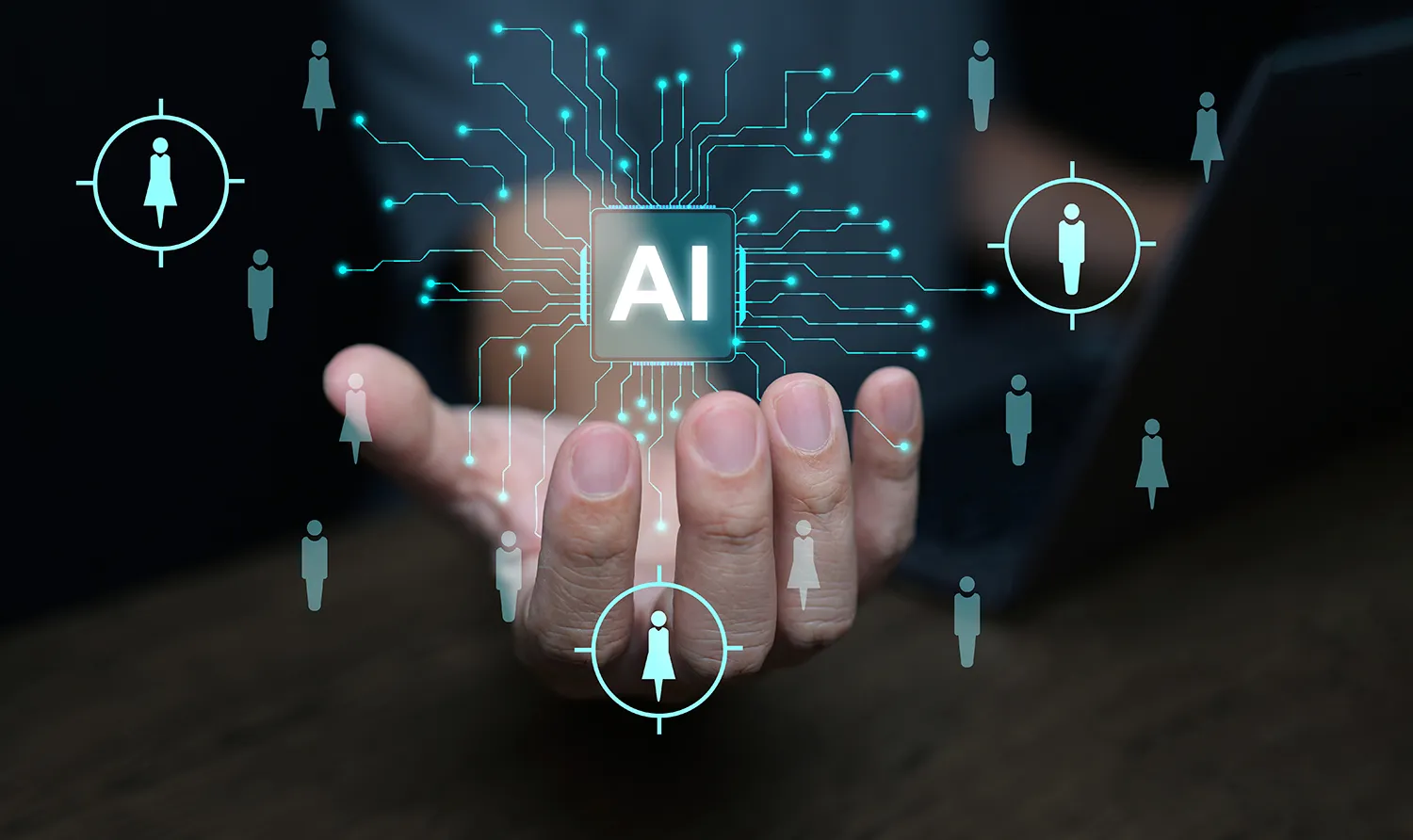
AI as a Workplace Guide
AI doesn’t just evaluate experience; it also analyzes behavioral patterns, communication styles, response speed, and career stability. Predictive models that assess whether a new hire might quit during probation are becoming more common. These tools evaluate how well an employee adapts to the team and the workflow.
At Gazprom Neft, for example, implementing AI at the onboarding stage reduced turnover by 3.6% and boosted satisfaction with the first-day experience by 90%. Sibur has set up a lab for generative AI, including integration of GigaChat for internal communications and skills assessment. At Vkusvill, new employees are supported from day one by a chatbot nicknamed 'II-shechka,' which answers both work-related and everyday questions, helping reduce stress and build engagement.
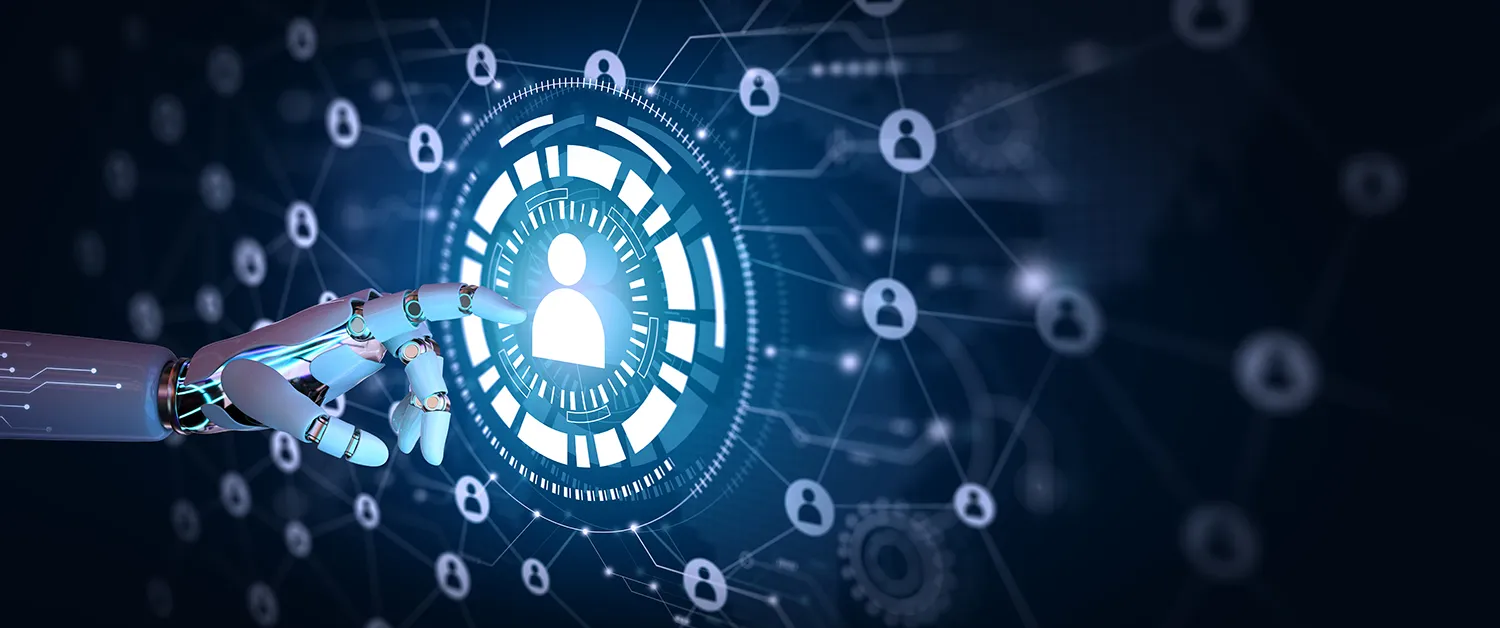
HR Platforms
HR expert Gyuzel Garaeva stresses that AI’s benefits extend far beyond saving time. It helps build development roadmaps for individual employees and entire companies, identifies the best team members for project launches, and avoids the subjective biases of HR managers.
Unsurprisingly, Russia is fostering local HR platforms. According to the consultancy Trust Technologies, the Websoft HCM platform currently leads the domestic market. In a benchmark comparing eight vendors across 157 parameters—including employee assessment and talent pool management—Websoft HCM ranked highest.
Russian businesses are forming a new HR paradigm by building solutions tailored to local realities. Many of these services are affordable even for smaller firms via subscription. The maturity and high efficiency of Russian IT products open opportunities for export to CIS countries and the BRICS community.



